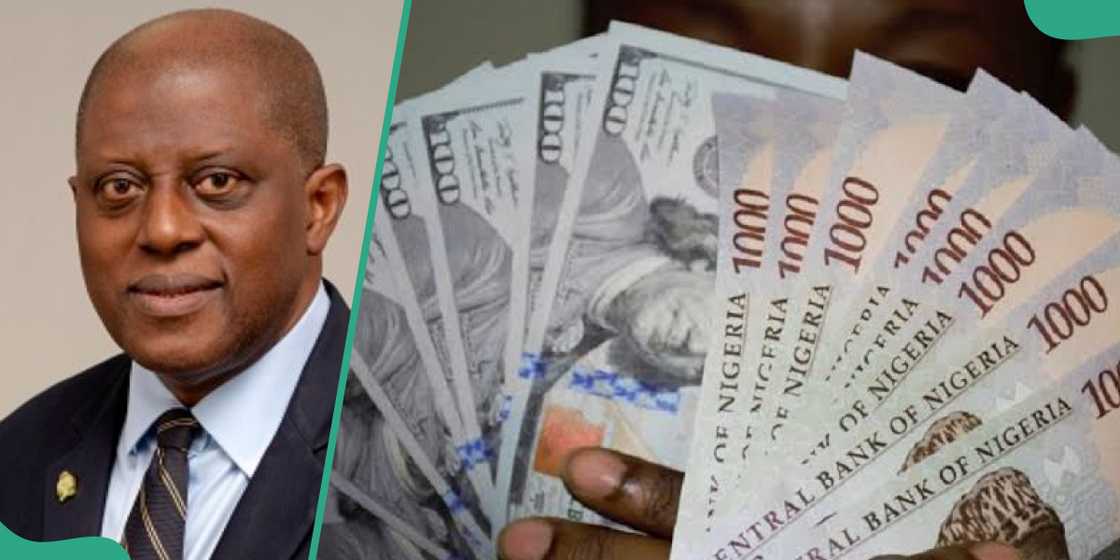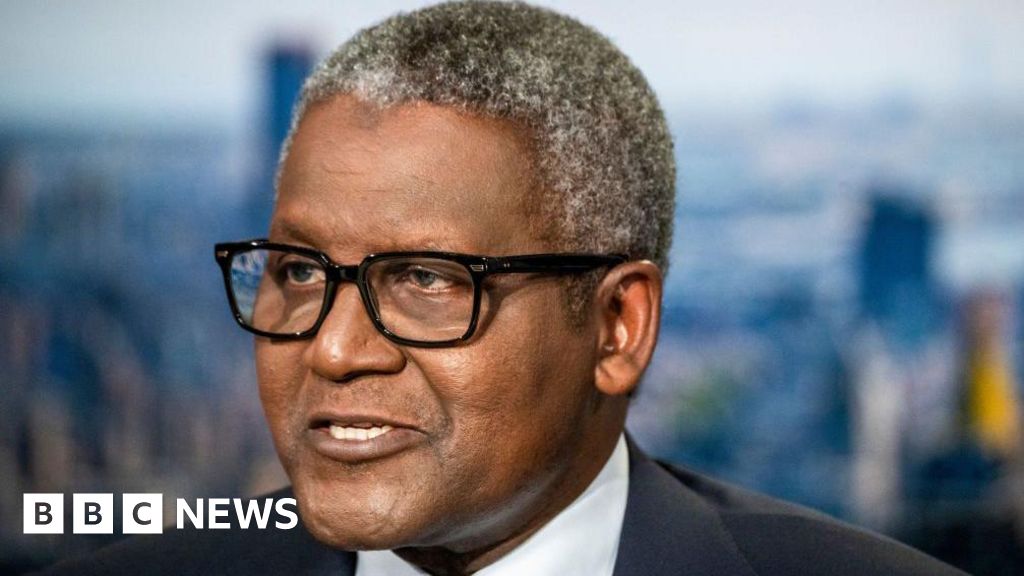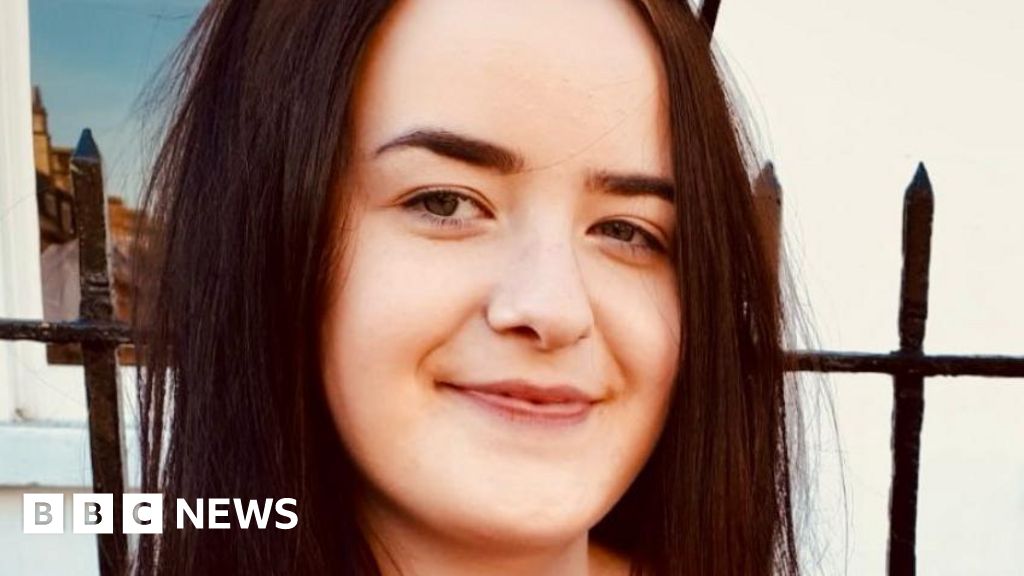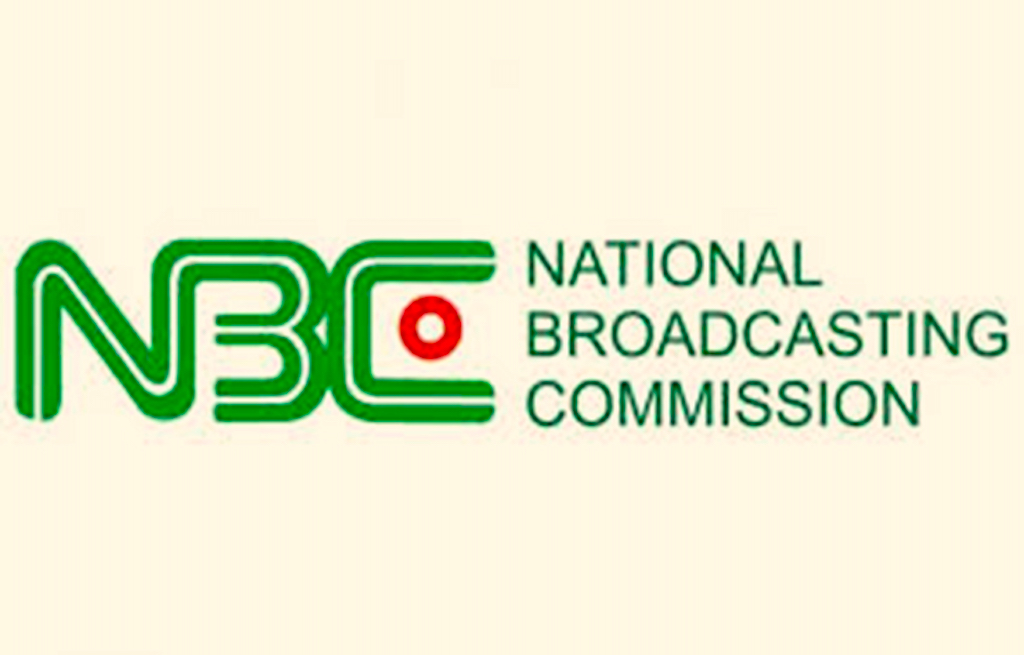- According to the regulator, Nigeria's central bank plans to sell dollars at a retail auction the following week
- The sale is a reaction to the increasing FX pressure on demand caused by unmet foreign exchange demand
- A list of all FX demands that end customers still owed was required to be submitted by authorised dealer banks
Legit.ng journalist Zainab Iwayemi has over 3-year-experience covering the Economy, Technology, and Capital Market.
To relieve pressure on the local currency and stop a foreign exchange meltdown, Nigeria's central bank intends to sell dollars at a retail auction the next week, the regulator reports.

Source: UGC
The sale comes in response to mounting unfulfilled foreign exchange demand, which has been driving up demand pressure in the foreign exchange market and negatively affecting the naira's exchange rate, according to a circular from the Central Bank of Nigeria, which is based in Abuja, to lenders.
It demanded that approved dealer banks submit a list of every FX demand that end customers still had outstanding.
“The CBN will undertake a Retail Dutch Auction System to mitigate the demand for eligible transactions,” it said.The central bank announced that the retail FX auction will resume on August 7.
The seasonal demand from summer travel and companies looking to import items into the import-dependent country has put pressure on the naira.
The currency fell 2.9% to $1,617 per dollar on Friday, according per the most recent FMDQ data that Bloomberg has aggregated. Since measures to allow it to trade freely and attract inflows were implemented, it has decreased by almost 70% over the past year.
In the past, the market was supplied with dollars by the central bank through retail and wholesale currency auctions. also used the retail auction tool to sell dollars directly to consumers, while also used the wholesale auction to sell to banks.
Report predicts 3 sources Nigeria will get dollars
Legit.ng reported that a recent quarterly statistical bulletin from the Central Bank of Nigeria (CBN) has highlighted that foreign exchange (FX) consumers consumed more dollars in the three months ending in December 2023 than they did in the previous quarter.
Despite this, Nigeria is still hopeful about receiving additional FX inflows in 2024.
The inflows will most likely come from World Bank budget finance, NNPC-related flows, and Eurobond issuance.
Source: Legit.ng
















 English (US) ·
English (US) ·